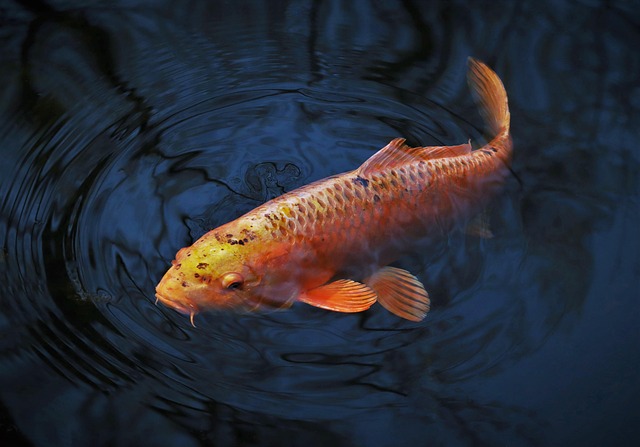In today’s fast-paced digital landscape, the quest for approval through social media has transformed into a phenomenon known as like hunting.” This addiction has seeped into our daily lives, affecting how we perceive ourselves and our relationships with others. The allure of a “like” may seem trivial, but its impact can be profound—rewiring our brains and reshaping our social interactions.
As we scroll through our feeds, the vibrant images and curated posts invite us into a world of comparison. What was once a tool for connection has morphed into a battleground for validation. Each “like” can feel like a tiny victory, providing a fleeting rush of dopamine that momentarily elevates our mood. However, relying on these digital affirmations can create an insatiable cycle of craving more. We’re constantly seeking that next hit of gratification, often leading to frustration and anxiety when our posts fall flat.
Social media’s influence stretches far beyond individual fulfillment. It affects our self-esteem and body image, often leading to unrealistic expectations of ourselves. We find ourselves wrestling with feelings of inadequacy when we compare our raw, unfiltered lives to the polished personas of influencers and peers alike. The vivid highlight reels we consume can lead us down a dark path of “Fear of Missing Out”—FOMO—that fuels our addiction to staying connected and posting regularly.
In this digital age, we are compelled to curate our lives, carefully selecting which moments deserve to be shared. Yet, this curation comes at a cost. Authenticity often gets clouded by the need for likes, leaving us to wonder if we have sacrificed our true selves for the sake of social media approval. This odd relationship cultivates a constant state of anxiety, as our value becomes tied to the fickle whims of audiences we may never even meet face-to-face.
Furthermore, social media impacts our attention span and critical thinking skills. As we become accustomed to the buzz of notifications, our ability to engage in meaningful conversations diminishes. The skill of listening is replaced by an eagerness to interject with our own experiences, often driven by the desire to elicit more likes and interactions on our posts.
As we examine this phenomenon of like hunting, it’s crucial to remain aware of its pervasive influence. Engaging with social media does not inherently lead to addiction, but recognizing the signs is essential. Have you found yourself checking your phone repeatedly for notifications? Are you crafting your posts with an audience in mind rather than sharing moments for your own joy? These reflective questions can help us assess our relationship with social media.
In navigating this complex terrain, one must strive for balance. Setting boundaries on screen time and reminding ourselves of the importance of real-world connections can be a good start. Embracing authenticity over likes can serve as a powerful antidote to the pressures of online validation. As we foster a deeper understanding of how social media addiction rewires our brains, we can reclaim our autonomy and redefine what it means to engage with the digital world—hunting not for likes, but for genuine connections and fulfillment.



